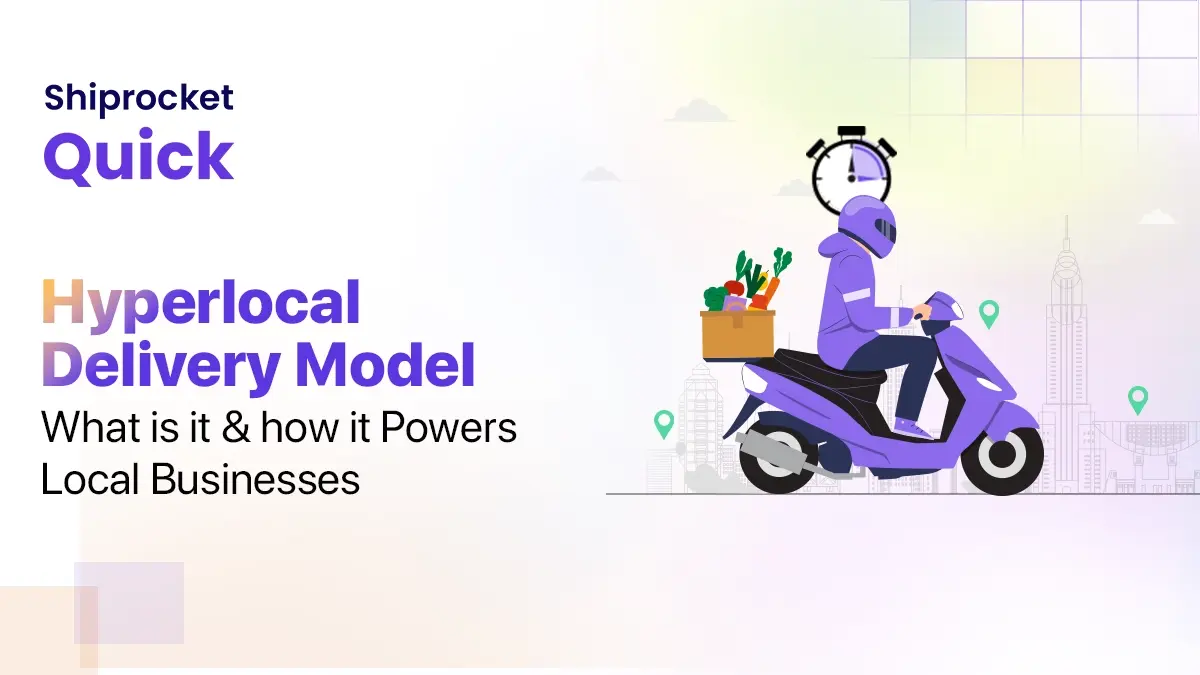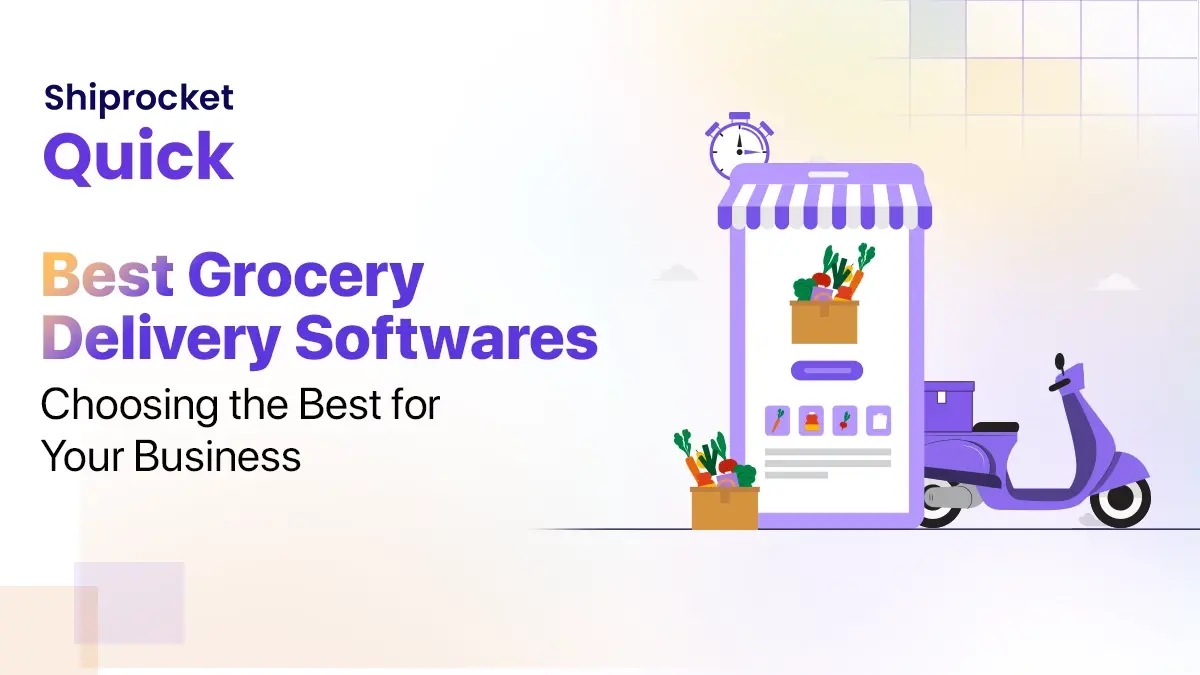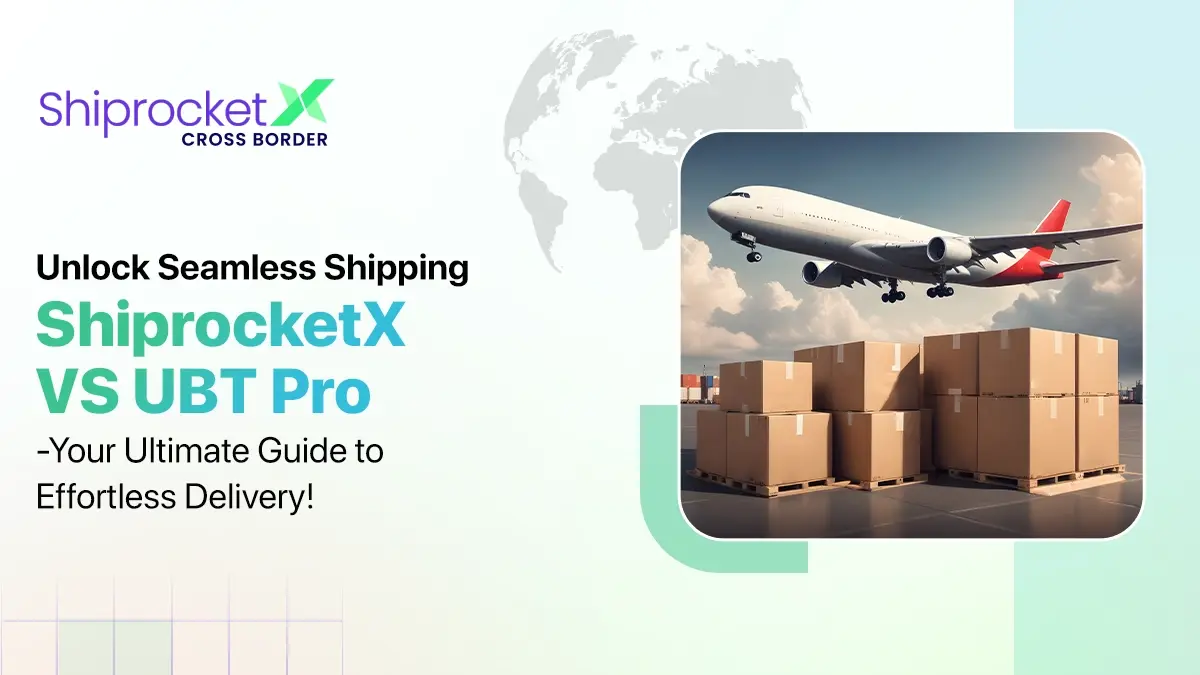What Is eCommerce Automation? How To Automate Your eCommerce Business?
Retailers often manage numerous small tasks that, if automated, can save significant time and resources. eCommerce automation gives retailers the time to do much more with extra time. It unleashes the teams you’re investing in and lets them work on better things.
Every business leader should know the difference between busy work and productive work. The latter lets the employees focus on producing profits for the company and are also more satisfying.
And employees generally prefer engaging in productive work rather than repetitive, unfulfilling tasks. Business Process Automation (BPA) is how companies transfer busy work to machines and empower the employees to focus on problem-solving and other essential tasks.
BPA is software that also includes mechanical technologies such as robotics. This can be a standalone software package or it can be integrated with other softwares as part of the features. The goal is to complete the manual and repetitive processes with minimal to no human intervention.
It is often a subset of Business Process Management (BPM) suites, which can be a component of infrastructure management.

What is eCommerce Automation?
eCommerce automation is software that enables retailers or online sellers to convert tasks, processes, campaigns within the business to get what they exactly need. It’s how companies can do more than what they are currently doing.
Every business faces hurdles in scaling up as it demands and becomes more and more complex. Systems that used to work become increasingly inefficient and break down. In response, companies turn to time-consuming workarounds—time that could be spent on what’s essential is sacrificed for time spent on what’s urgent, even when that’s just pushing buttons. This is where eCommerce marketing automation helps, streamlining repetitive tasks like customer segmentation, personalized promotions, and abandoned cart recovery to improve efficiency and drive sales.

Why Automate Business Processes?
All businesses want to do more with less workforce. BPA makes it possible to perform more and more work with few people and free up the time for people to create new products, become more innovative, and generate profits.
BPA also adds money and time-saving efficiencies, decrease human errors, and leverages company resources and assets.
Benefits of eCommerce Automation
Implementing eCommerce automation in your business brings numerous advantages, including:
- Time Savings: Automate repetitive tasks to free up valuable time for more strategic activities.
- Reduced Errors: Minimizing manual intervention reduces the likelihood of human errors.
- Improved Efficiency: Streamline operations for faster and more efficient processes.
- Enhanced Customer Experience: Faster, accurate processes lead to better customer satisfaction.
- Scalability: Automation makes it easier to scale your business operations as you grow.
Examples of eCommerce Automation

eCommerce automation enables tagging customers for segmentation and marketing, standardizing visual merchandising, streamlining tracking and reporting, and halting high-risk orders. The end goal is to simplify tasks.
Below are some examples of reduced manual tasks:
Order Fulfillment
- Fulfillment: When a product is ready in the warehouse, send an email or SMS to the customer.
- High-risk Orders: Instantly flag and notify internal security teams of high-risk orders.
Inventory Management
- Inventory Levels: Unpublish out-of-stock products and notify your marketing team to pause advertising.
- Best Sellers: Re-add out-of-stock products to the online store when they’re back in stock.
- Scheduled Product Releases: Preload new products and publish them simultaneously across all channels.
Customer Experience
- Customer Loyalty: Automatically tag high-value customers for segmentation and notify customer service to send a personalized thank you message.
- Customer Preferences: Show and hide payment options relative to customer criteria like order history, location, and device.
- Channel Preference: Identify, tag, and segment customers who buy from specific sales channels.
Marketing and Promotions
- Manage Donations: Keep track of donations via integrated tools.
- Scheduled Sales: Automate price changes and promotions for predetermined periods.
- Discounts: Adjust prices at checkout based on product combinations, quantity, or customer location.

How Can You Automate Your eCommerce operations?
To begin automating your eCommerce operations, consider the following steps:
- Identify Repetitive Tasks: Make a list of tasks that are time-consuming and repetitive in your daily operations.
- Set Automation Goals: Determine what you want to achieve with automation, such as reducing manual errors, improving efficiency, or enhancing customer experience.
- Choose the Right Tools: Select automation tools or platforms that fit your business needs. Solutions like Shiprocket Engage offer automated communication powered by AI-backed WhatsApp automation.
- Implement Automation Gradually: Start by automating a few key processes and expand as you become more comfortable with the tools.
- Monitor and Optimize: Regularly review automated processes to ensure they deliver the desired results and make adjustments as needed.
Shiprocket Engage 360 provides a seamless post-purchase communication experience powered by AI-backed WhatsApp automation. Using Shiprocket Engage, your eCommerce business can reduce RTO losses and increase profits.
Reduce RTO Losses Upto 45% With Shiprocket Engage
Take advantage of a comprehensive automation suite to take control of your orders and cut RTO losses by up to 45%. Automate manual tasks of order and address confirmation via WhatsApp to avoid non-delivery of orders.
Automated Order Confirmation: Indulge in a faster and seamless order confirmation by opting for WhatsApp-driven buyer communication. Capture order cancellations before shipping and minimize RTO losses.
Automated Address Verification & Updation: Uncover the power of an AI-backed engine that triggers an automated address verification and updation message to your buyers on WhatsApp.
Smooth COD to Prepaid Conversion: Convert cash on delivery orders to prepaid by incentivizing your buyers using customized offers on WhatsApp. Prepaid orders decrease the chances of non-delivery, and RTO, thus improving the business’s cash flow.
Flawless NDR Redressal: Capture buyer’s delivery time preferences on WhatsApp post each failed delivery attempt.

Frequently Asked Questions(FAQs)
eCommerce automation is a specialised form of BPA. Business Process Automation uses technology and logic to make repetitive and time-consuming tasks efficient and productive. eCommerce automation takes care of inventory management, order fulfillment, security, accounting, customer segmentation, and several more, making them efficient, error-free processes.
By applying eCommerce automation to inventory, shipping, and product movement operations managers have better visibility of activities at every stage. For example, it helps them to automatically tag products and send alerts to suppliers for reorders.
eCommerce automation offers significant support to marketing and advertising departments by enhancing various processes. These include immediate notifications to marketing teams about new product additions, seamless forwarding of product details, streamlined preparation of advertising campaigns, and more.







